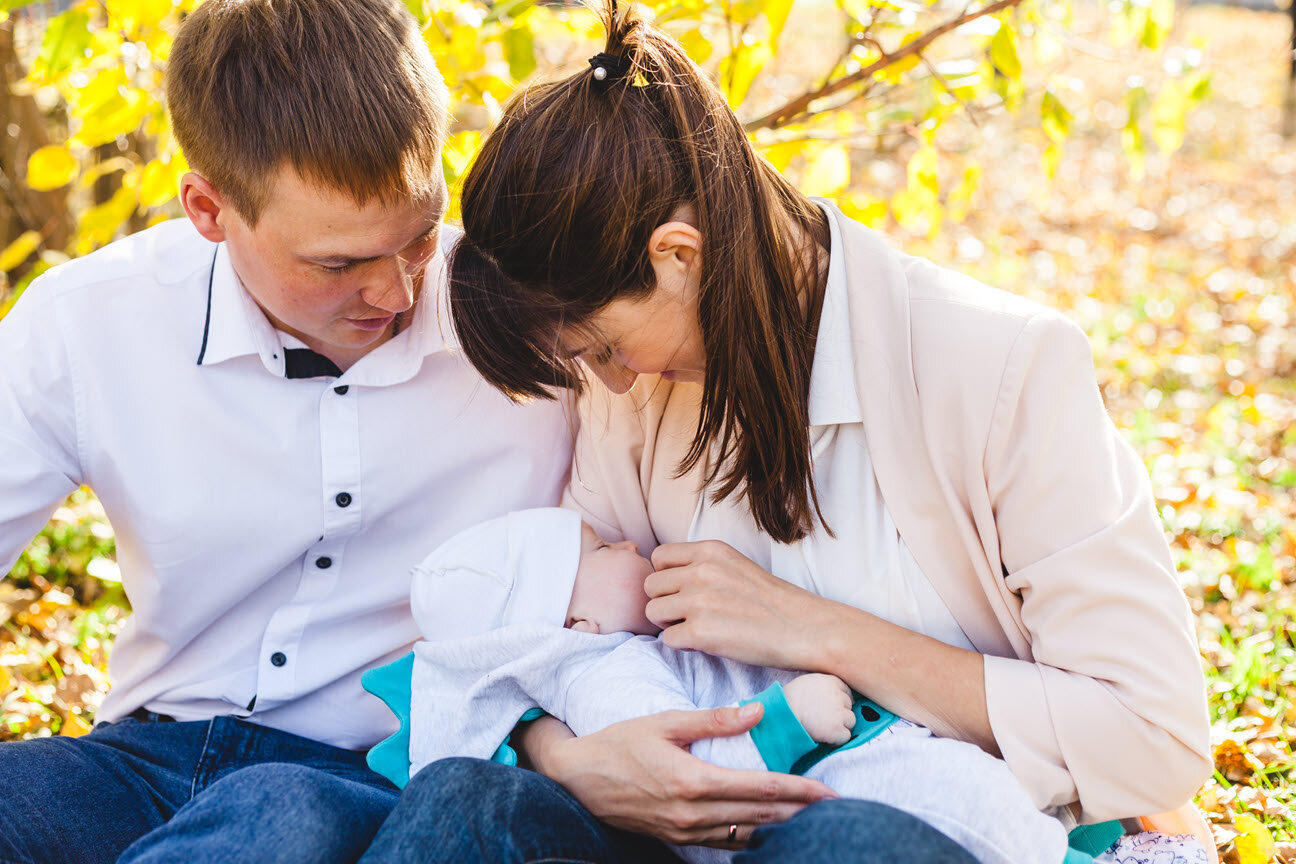Can a Woman Get Pregnant While Breastfeeding?
For most parents, the thought of getting pregnant soon after welcoming their new baby into the world can be unnerving. Instead of using contraceptives such as the pill or other birth control methods, some parents may wonder if breastfeeding may be enough of a protective measure to avoid pregnancy.
How effective is breastfeeding for avoiding pregnancy?
According to studies, breastfeeding affects fertility and provides a fairly robust form of temporary natural contraceptive. Known as the lactational amenorrhea method (LAM), only 1 or 2 out of 100 women who exclusively breastfed (as opposed to supplementing with formula) in the first 6 months got pregnant following childbirth.
Furthermore, research has found that even for non-lactating women, ovulation will only occur at around 6 weeks after birth. However, a small percentage of women will ovulate earlier, putting them at risk of getting pregnant.
How to prevent getting pregnant while breastfeeding
Try to breastfeed exclusively for the first 6 months. This means delaying introducing the baby to solids and not supplementing breastfeeding with formula if possible.
Nurse baby frequently, including comfort nursing, as this can help delay your period’s return.
Watch for the start of menstruation. Spotting and the start of a period is a sign that ovulation has occurred. At this point, other forms of contraception should be used.
Why does exclusive breastfeeding for the first 6 months prevent pregnancy?
Oxytocin, the love hormone responsible for the let-down reflex that occurs when the milk comes in, also prevents ovulation. Oxytocin competes with the hormones that cause ovulation, so the more a mother breastfeeds, the less chance ovulation will ensue.
It must be noted that when the baby latches onto the breast, nerves around the nipples are stimulated, causing the release of oxytocin. This same effect does not occur with breast pumping, so ovulation may begin.
What happens if pregnancy occurs when breastfeeding?
For most women, there is no reason to give up breastfeeding, even if one does become pregnant. Pregnancy hormones do not affect the breastfed infant. However, mothers should be aware of their caloric intake, be sure to eat enough to feed their growing fetus, breastfeed effectively, and have enough energy to function themselves. Mothers should also be advised to sit or lie down while breastfeeding and to monitor their breastmilk supply. Breast milk starts to decrease at around 4 – 5 months after birth, and infants may need other supplementary nutrition.
Caution should be exercised for women who have had previous miscarriages or preterm labor.. Oxytocin can cause mild uterine contractions triggered by suckling and should be discussed with one’s obstetrician or gynecologist. Other reasons for weaning an infant include:
Carrying twins or multiples; and
The presence of uterine pain or bleeding.
Another reason breastfeeding may cease during pregnancy is that the breast milk taste can change, which could cause the baby to refuse the breast or eventually wean themselves.
In conclusion, LAM is a fairly effective way to prevent pregnancy, but the aforementioned guidelines must be carefully followed. The beginning of a period is a sign that ovulation has occurred, and other contraceptive measures must be taken. Breastfeeding is generally safe while pregnant, but mothers should check with their obstetricians or gynecologists to ensure that it is safe to do so.
+ References
Jackson, E., & Glasier, A. (2011). Return of Ovulation and Menses in Postpartum Nonlactating Women. Obstetrics & Gynecology, 117(3), 657-662.
la leche league international. (n.d.). Fertility. Retrieved January 2021, from la leche league international: https://www.llli.org/breastfeeding-info/fertility/
Lewis, R. (2020, February 17). Fact or Fiction? You Can’t Get Pregnant While Breastfeeding. Retrieved January 2021, from healthline Parenthood: https://www.healthline.com/health/pregnancy/can-you-get-pregnant-while-breastfeeding#chances-of-pregnancy
Medela. (n.d.). Can You Get Pregnant While Breastfeeding? Retrieved January 2021, from Medela: https://www.medela.us/breastfeeding/articles/breastfeeding-and-your-fertility


